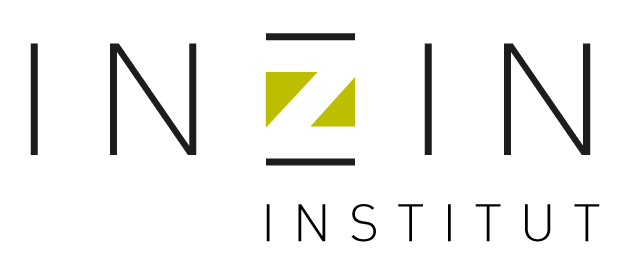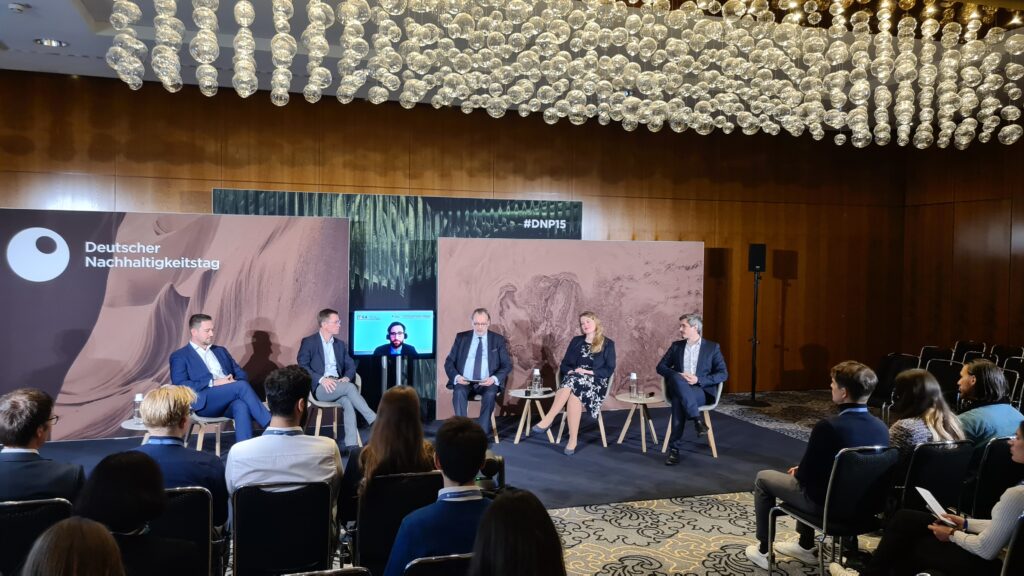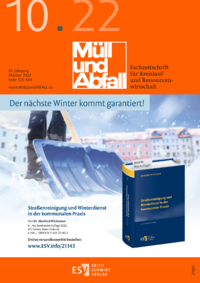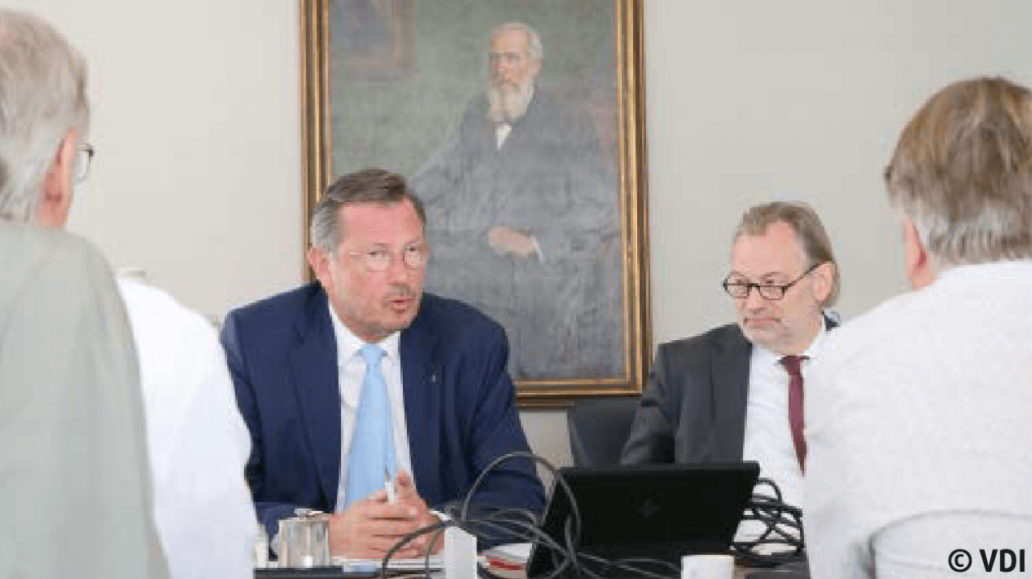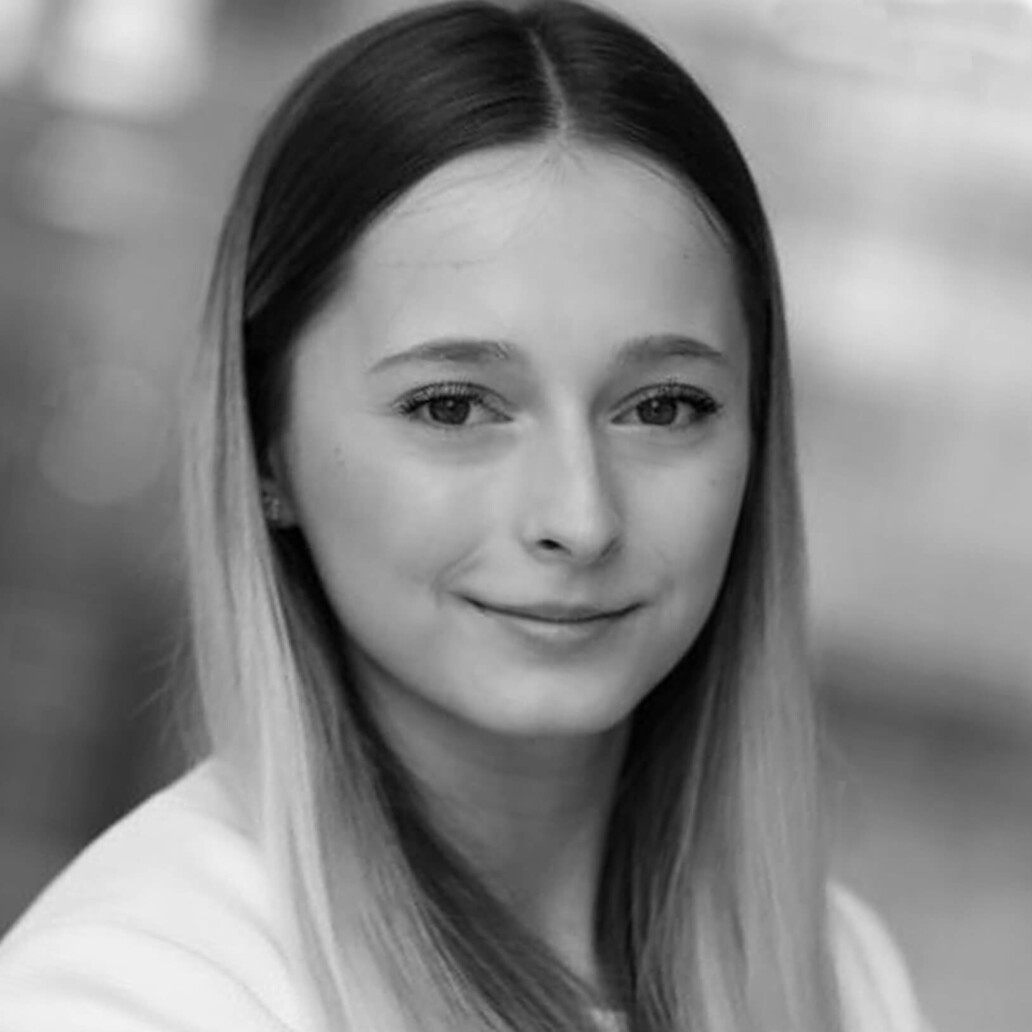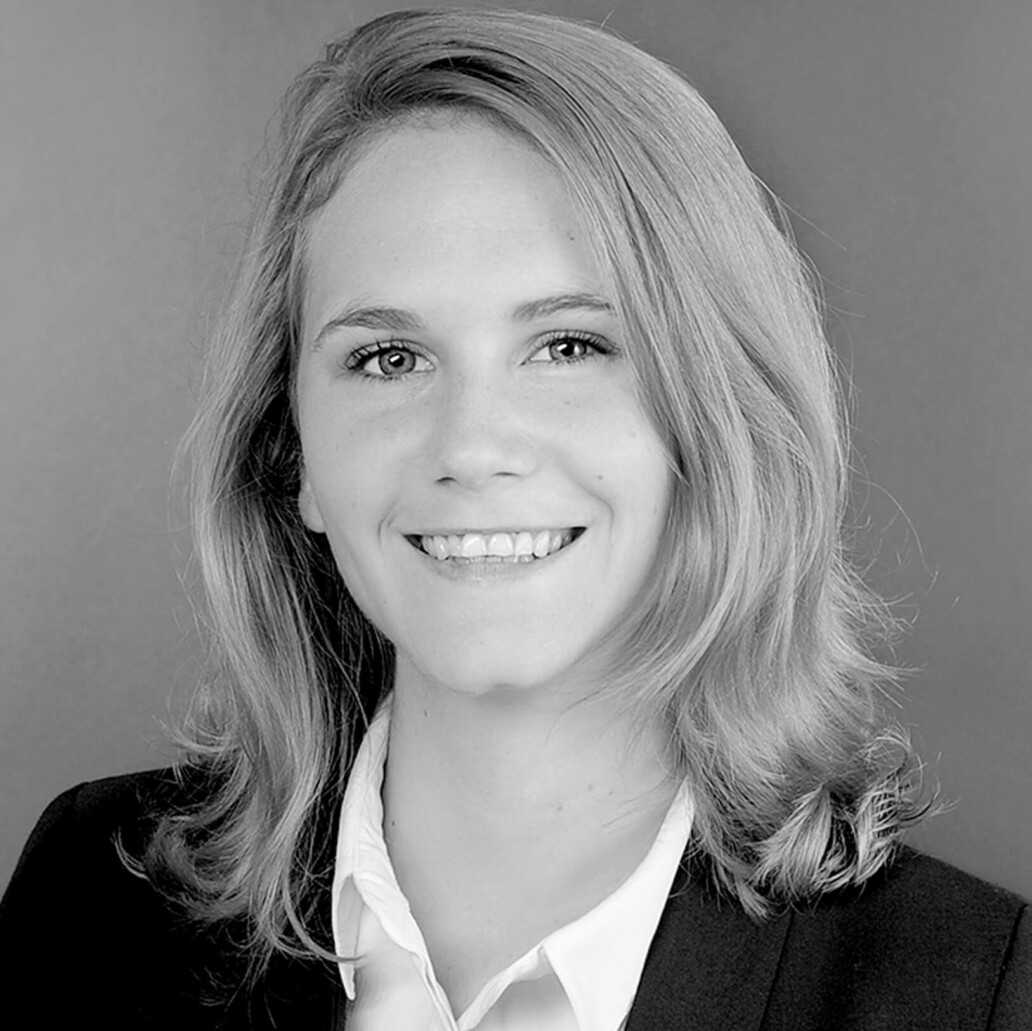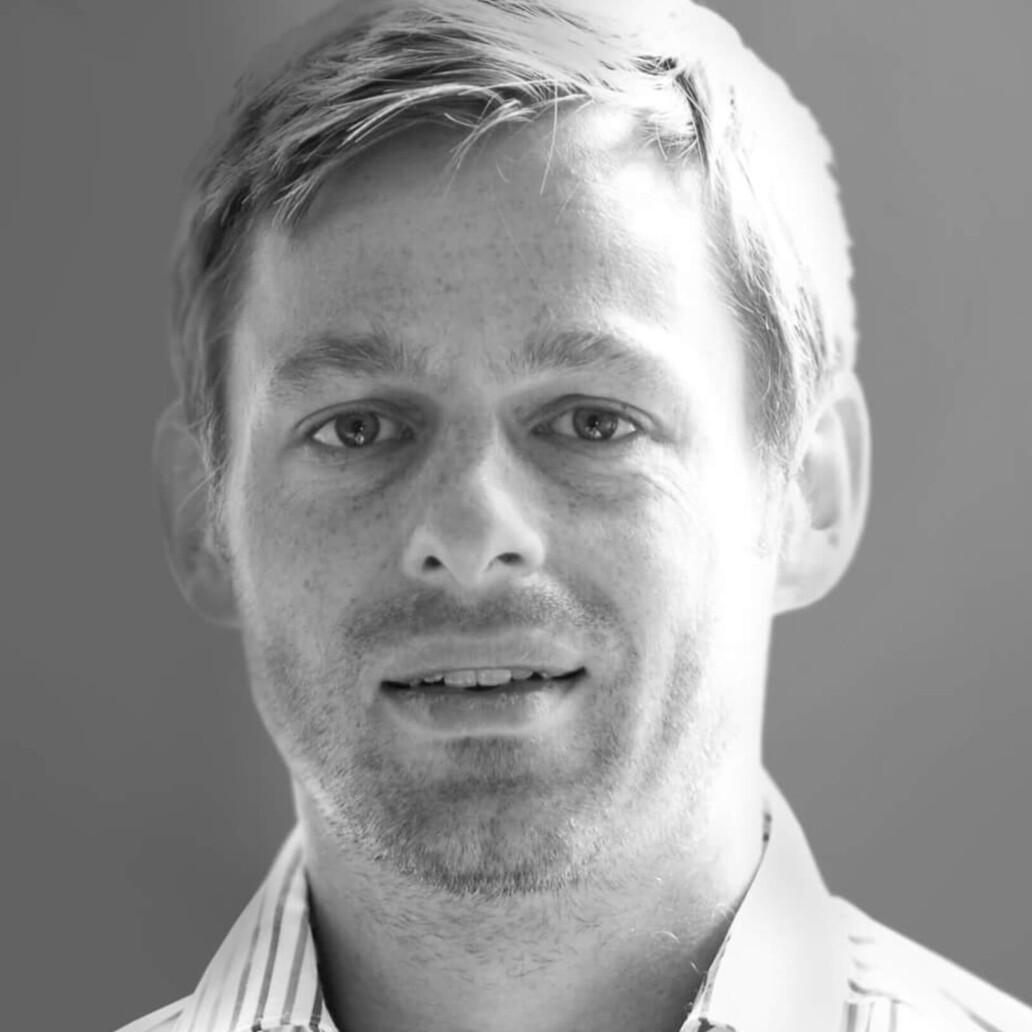Sustainability Day
admin
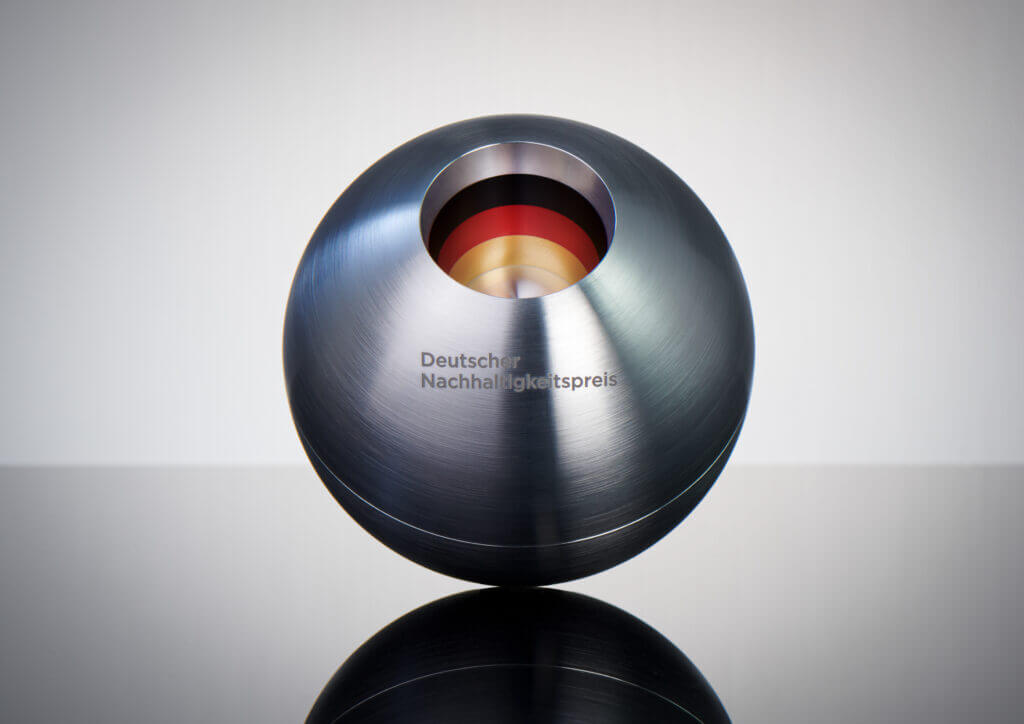
Image source: https://www.nachhaltigkeitspreis.de
15th German Sustainability Day Forum ‘Green Metal’ –
Prospects for Industry and the Environment
German Sustainability Day (DNT) is one of the leading national conferences on the topic of sustainability. It is aimed at managing directors and sustainability experts from companies and administrations, as well as experts from politics, research, media and society. The two-day event is considered the most visited communication platform for the pressing sustainability issues of our time. The German Sustainability Award is also presented during the congress. The German Sustainability Award is an accolade for companies that have made outstanding contributions to sustainability and recognises exemplary sustainability achievements in business, local government and research.
This year, the 15th German Sustainability Day will take place on 1 and 2 December 2022 take place at the Maritim Hotel in Düsseldorf.
On the first day, Prof. Dr. Martin Faulstich will moderate the thematic forum ‘Green Metal’ – Perspectives for Industry and the Environment.
Two days packed with keynotes, interviews, pitches, panel discussions and parallel dialogue forums. Questions and answers on the most important topics relating to transformation:
-
-
-
- Energy security vs. climate protection
- Geopolitics and sustainability
- Transformation in companies
- Communication as a driver of transformation
- Sustainability in sport
- Future of construction
- Circular Economy
-
-
Further information about the event can be found here.
German Sustainability Day (DNT) is one of the leading national conferences on the topic of sustainability. It is aimed at managing directors and sustainability experts from companies and administrations, as well as experts from politics, research, media and society. The two-day event is considered the most visited communication platform for the pressing sustainability issues of our time. The German Sustainability Award is also presented during the congress. The German Sustainability Award is an accolade for companies that have made outstanding contributions to sustainability and recognises exemplary sustainability achievements in business, local government and research.
This year, the 15th German Sustainability Day will take place on 1 and 2 December 2022 take place at the Maritim Hotel in Düsseldorf.
On the first day, Prof. Dr. Martin Faulstich will moderate the thematic forum ‘Green Metal’ – Perspectives for Industry and the Environment.
German Sustainability Day (DNT) is one of the leading national conferences on the topic of sustainability. It is aimed at managing directors and sustainability experts from companies and administrations, as well as experts from politics, research, media and society. The two-day event is considered the most visited communication platform for the pressing sustainability issues of our time. The German Sustainability Award is also presented during the congress. The German Sustainability Award is an accolade for companies that have made outstanding contributions to sustainability and recognises exemplary sustainability achievements in business, local government and research.
This year, the 15th German Sustainability Day will take place on 1 and 2 December 2022 take place at the Maritim Hotel in Düsseldorf.
On the first day, Prof. Dr. Martin Faulstich will moderate the thematic forum ‘Green Metal’ – Perspectives for Industry and the Environment.
Sustainable cities
admin

Sustainable cities through reindustrialisation – living spaces of the future
From 2 to 4 November 2022 in Düsseldorf
Climate Festival 2022 in Düsseldorf. INZIN will be there!
The Climate Festival 2022 will take place from 2 to 4 November 2022 in the Alteschmiedehallen in Düsseldorf.
Based on the fundamental concept of ‘cradle-to-cradle,’ Heinze GmbH offers an inclusive platform here.
Prof. Dr. Martin Faulstich will give a lecture on sustainable cities through reindustrialisation – living spaces of the future.
See you in Düsseldorf on 2 November 2022 at 11:45 a.m. at the Heinze Climate Festival for the Construction Transition.
Subject matter experts and decision-makers inform, discuss and learn from each other in three thematic areas:
- Resources: conserve and reactivate
- Efficiency: Effectiveness of measures
- Change: Change as an opportunity
There is something for everyone here:
- 91 expert presentations
- 36 high-calibre discussion partners
- 18 workshops
Participate free of charge and register directly: www.klimafestival.heinze.de
Waste becomes raw material
admin
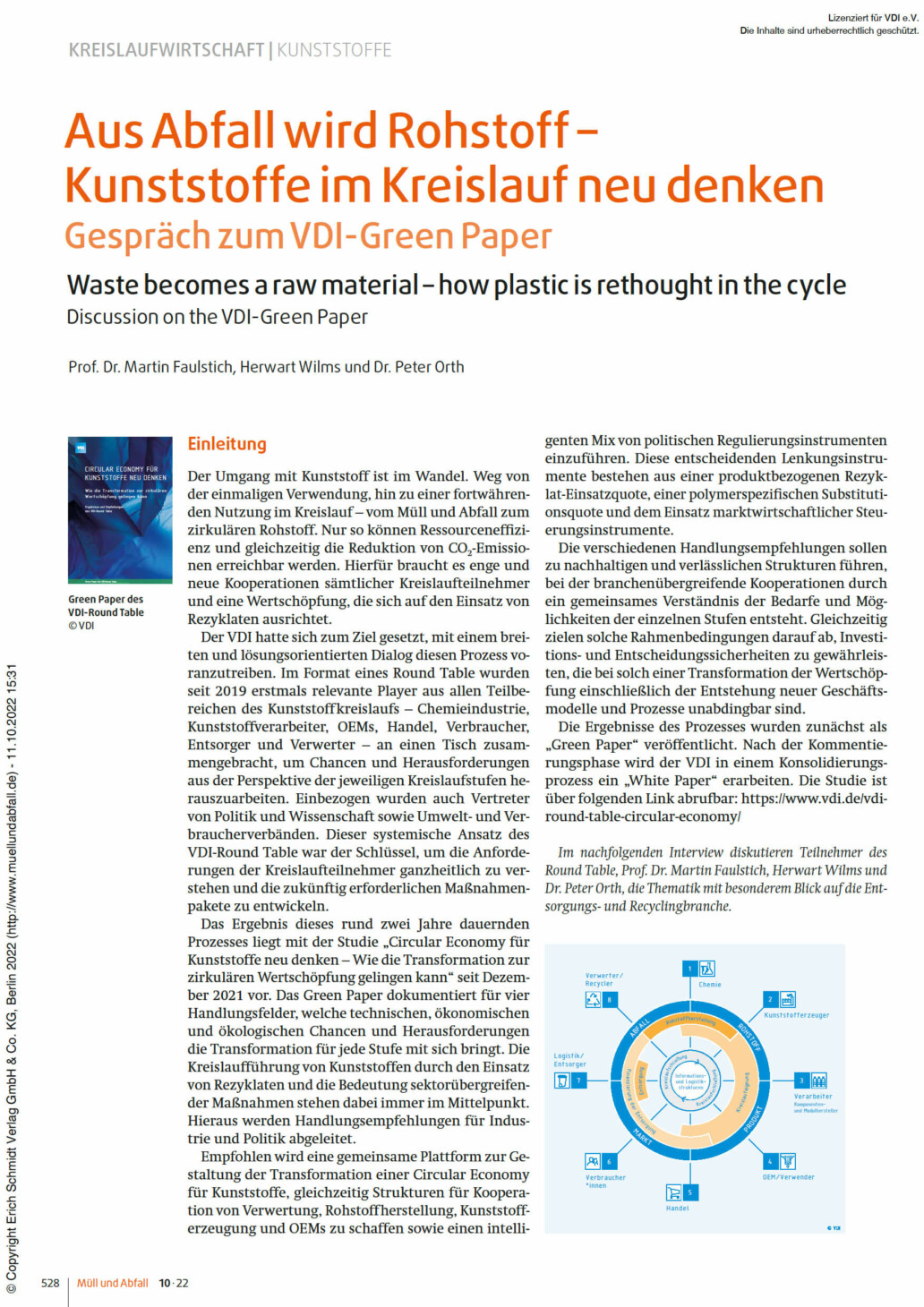
Waste and refuse
Trade journal for recycling and resource management
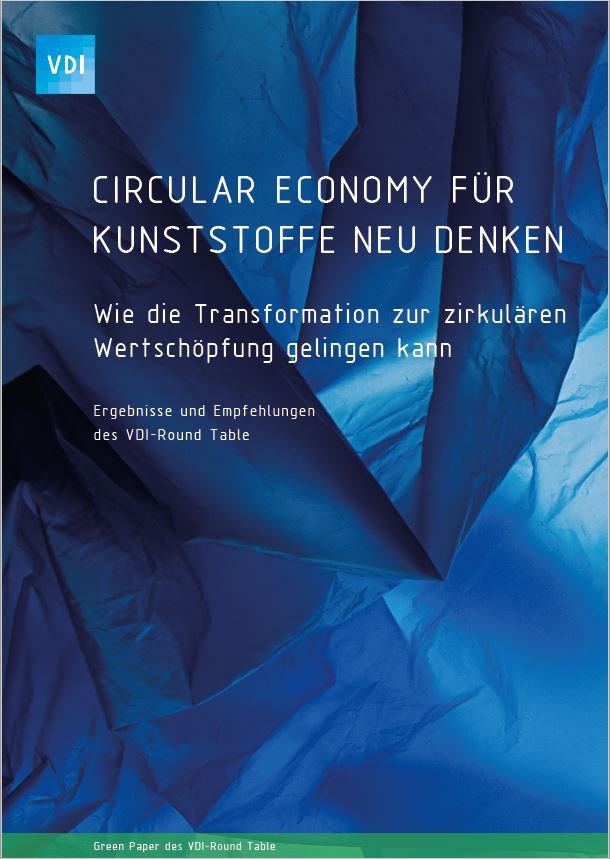
Green Paper of the VDI Round Table
© VDI
Rethinking plastics in the cycle Discussion on the VDI Green Paper.
The way we deal with plastic is changing. Away from single use and towards continuous use in a cycle – from rubbish and waste to circular raw materials. This is the only way to achieve resource efficiency and reduce CO2 emissions at the same time. This requires close and new cooperation between all participants in the cycle and value creation that focuses on the use of recycled materials.
The VDI set itself the goal of advancing this process through a broad and solution-oriented dialogue. In 2019, a round table was held for the first time to bring together relevant players from all areas of the plastics cycle – the chemical industry, plastics processors, OEMs, retailers, consumers, waste disposal companies and recyclers – to identify opportunities and challenges from the perspective of the respective stages of the cycle. Representatives from politics and science as well as environmental and consumer associations were also included. This systemic approach of the VDI round table was key to understanding the requirements of the cycle participants holistically and developing the packages of measures that will be necessary in the future.
In the interview, participants in the round table discussion include Prof. Dr. Martin Faulstich, Chairman of INZIN e.V. – Institute for the Future of Industrial Society and Co-Chair of the Resource Commission at the German Federal Environment Agency, Herwart Wilms, Managing Director of REMONDIS Assets & Services GmbH & Co. KG, Chair of the BDI Committee for Raw Materials Policy, Vice-President of the BDE Federal Association of the German Waste Management, Water and Raw Materials Industry, and Dr. Peter Orth, Managing Director of OPC Orth Plastics Consulting, VDI Society for Materials Engineering, Plastics Technology Division, with a special focus on the waste management and recycling industry.
Das vollständige Interview finden Sie hier.
Kick-off meeting
admin
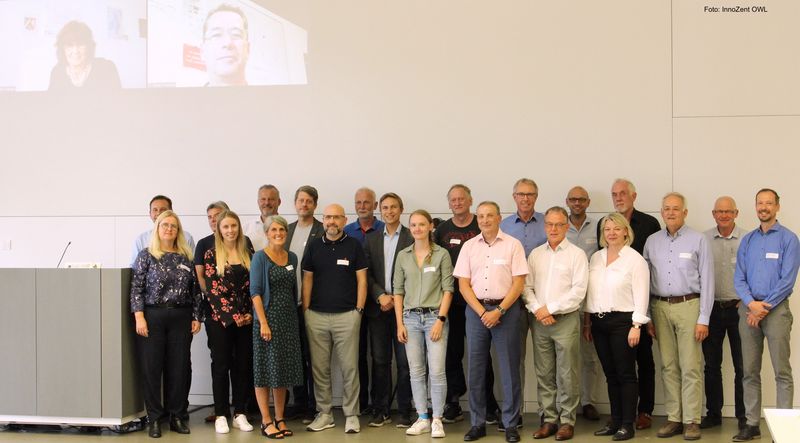
Photo InnoZent OWL e.V.
Kick-off meeting of the Circular B2B Electronics exchange platform,
on 5 September 2022 in Bielefeld
The Circular B2B Electronics exchange platform is a joint initiative of InnoZent OWL e.V., Bielefeld University of Applied Sciences and the Ministries for the Environment, Nature Conservation and Transport, and for Economic Affairs, Industry, Climate Protection and Energy of the State of North Rhine-Westphalia within the framework of the Circular Value Creation NRW and CirQuality OWL round tables.
A total of 25 representatives from manufacturers, waste disposal companies, associations and science & research met at Bielefeld University of Applied Sciences on 5 September 2022 to launch the Circular B2B Electronics exchange platform. The aim is to
- Identify and engage with relevant stakeholder groups in the field of circular B2B electronics at the North Rhine-Westphalia level, raise awareness of their issues, and facilitate networking among them.
- Identify and ‘translate’ future political and legal challenges with regard to the circular economy in the industrial electronics sector.
- Making funding and advisory opportunities transparent,
- identify sensible next steps for and with the affected companies, and
- identify sensible next steps for and with the affected companies, and
The INZIN Institute is represented by Ms Jule Jeschonowski-Papstein, scholarship holder in the field of eco-design of electrical household appliances, and by Dr Ewa Harlacz.
Further information about the event can be found at the following link:
https://www.innozent-owl.de/aktuelles/beitraege/nachbericht-auftakttreffen-der-austauschplattform-zirkulaere-b2b-elektronik/
Laura Zieher
admin
Master of Science (M.Sc.) Industrial Engineering,
Specialization in Production Management
Contact
Technische Universität Dortmund
Institut für Spanende Fertigung
Baroper Str. 303
44227 Dortmund
E-mail: laura.zieher(at)tu-dortmund.de
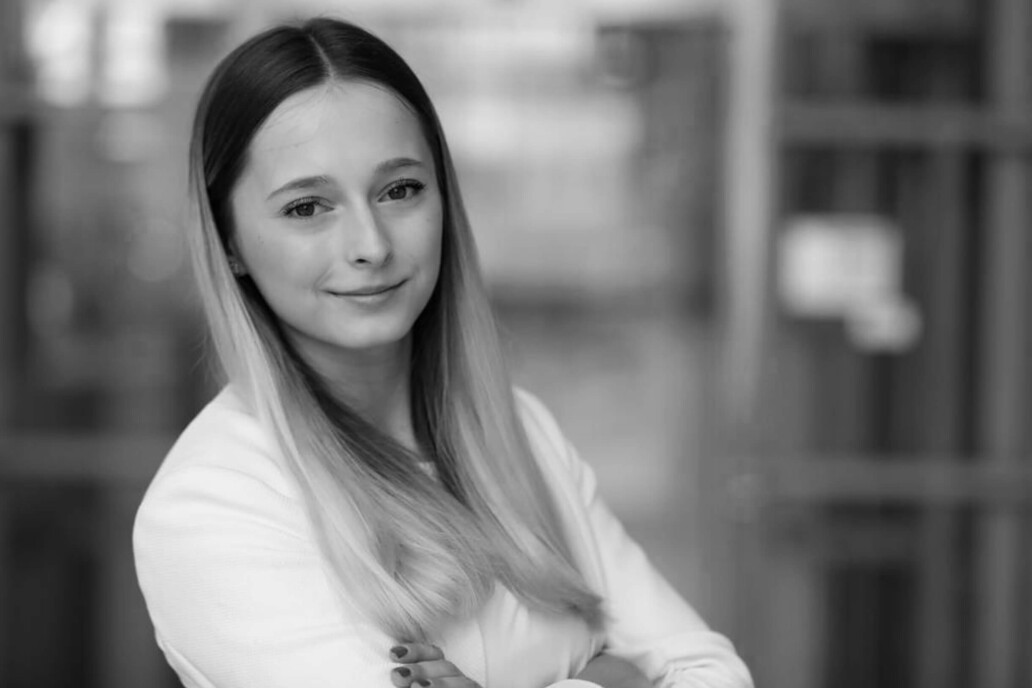
Dr. Eglantine Künle
admin
Contact
Energiewirtschaftliches Institut an der Universität zu Köln
T +49 221 277 29 495
E-mail: eglantine.kuenle(at)ewi.uni-koeln.de
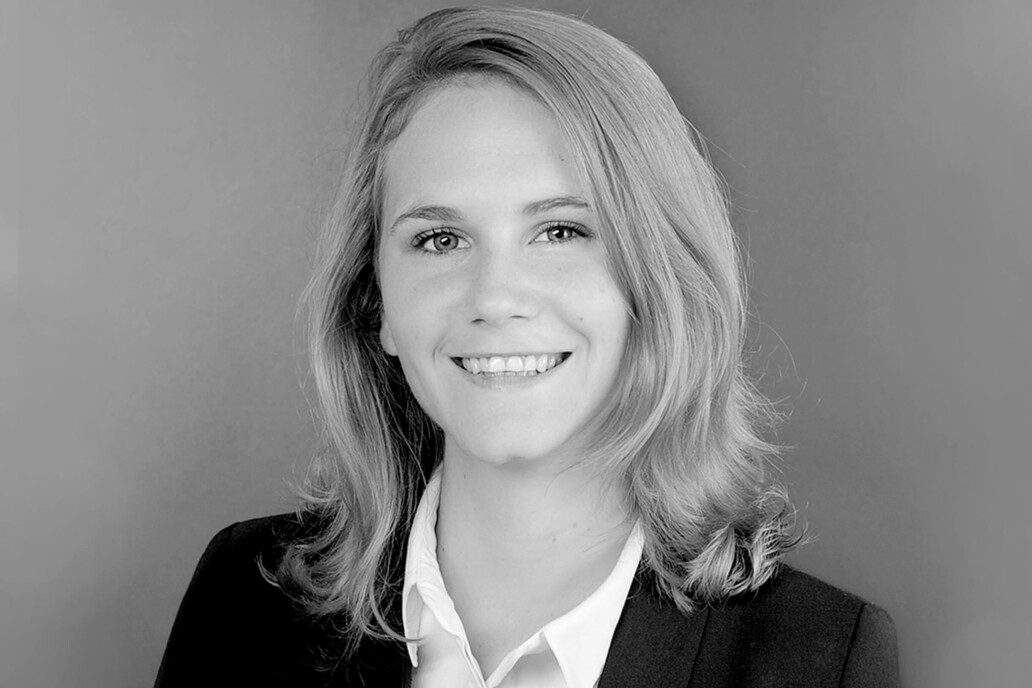
Vita
Eglantine Künle has been Manager and Chief Modeller at EWI since 2018. Her research focuses on the planning, modeling and economics of electricity systems and energy markets. Before joining the EWI, Eglantine Künle worked as a research assistant at the Clausthal Environmental Technology Research Center (CUTEC). In 2018, she completed her doctorate at TU Clausthal with a thesis on the topic of “Incentives to value the dispatchable fleet’s operational flexibility across energy markets”. She previously studied mechanical engineering at the Karlsruhe Institute of Technology (KIT) and at the Arts et Métiers ParisTech, Paris (France).
New edition of the practical handbook
admin
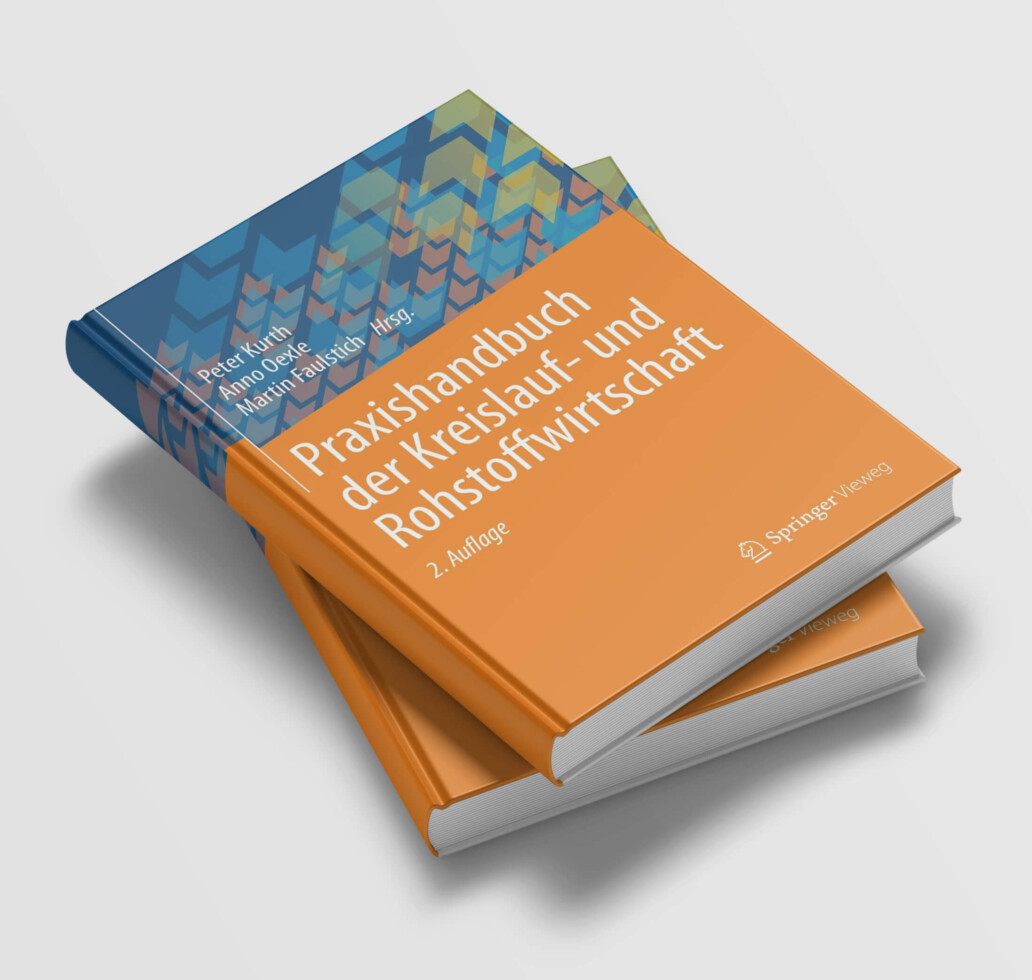
Copyright: Sebastian Reuther, BDE e.V.
New edition of the practical handbook on recycling and raw materials management –
Today's practice with an eye to tomorrow
The editors
Peter Kurth is Managing President of the BDE Federal Association of the German Waste Management, Water and Raw Materials Industry and a member of the Presidium of the BDI – Federation of German Industries.
Dr Anno Oexle is a specialist lawyer for administrative law with a focus on environmental law, a partner at the law firm Oexle Kopp-Assenmacher Lück and a member of the board of the German Waste Management Association (Deutsche Gesellschaft für Abfallwirtschaft e.V.).
Prof. Dr.-Ing. Martin Faulstich heads the Chair of Resource and Energy Systems at Dortmund Technical University and is Director of the Institute for the Future of Industrial Society (INZIN).
Traditionally complex, waste management continues to evolve at its own pace and can now be regarded as a circular economy and raw materials industry. This handbook covers all key aspects of the economic sector in an interdisciplinary manner. The revised and updated edition takes into account regulatory requirements and their impact on practice. In selecting the topics and authors, the focus was on practical relevance and practical application.
When the decision was made in 2016 to publish a practical handbook on the circular economy and raw materials management, the reason was simple: nothing like this existed yet, but there was a need for it. Whether in discussions with practitioners from within and outside the industry, politicians or administrators, there was a lack of a fundamental overview of the numerous facets of the legal framework, practical experience and technical background.
Since 2016, developments have once again become more dynamic: the Green Deal, the Circular Economy Action Plan, raw material supply and climate protection – these topics reflect the rapid development of the industry. That is why we now have the 2nd edition.
Once again, over 40 authors contributed their expertise. Condensed into almost 900 pages, it is now available to interested parties in its second edition.
You can find all further information here.
Manuel Slupina
admin
Graduate economist
Wüstenrot Stiftung
Hohenzollernstraße 45
71638 Ludwigsburg
Tel.: 07141 16 75 65 11
E-Mail: manuel.slupina(at)wuestenrot-stiftung.de
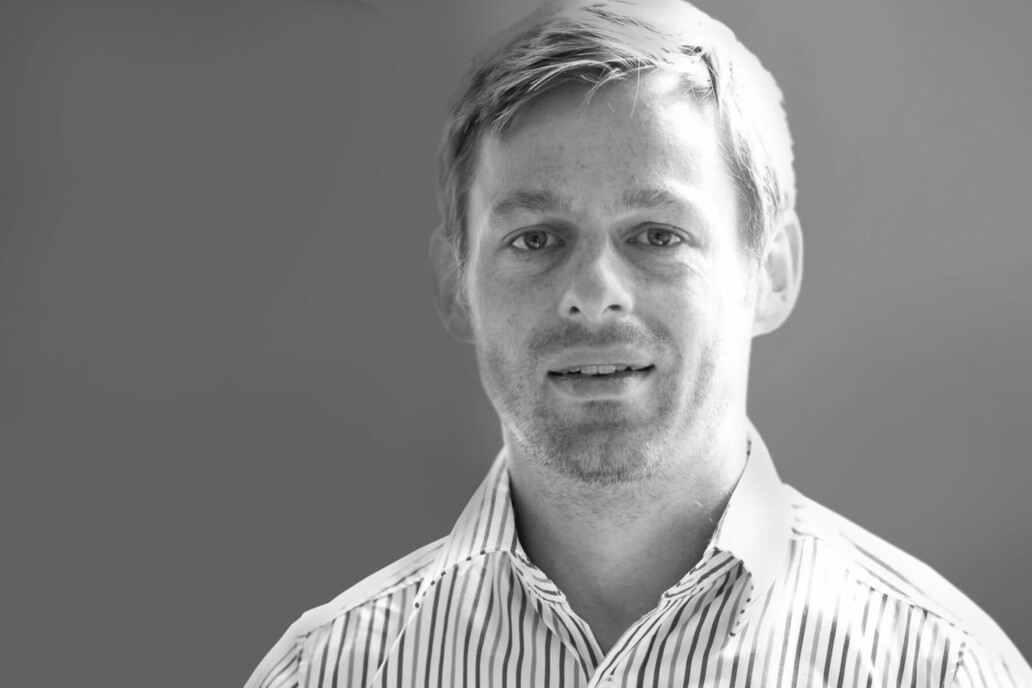
Vita
Manuel Slupina has been Head of Urban & Rural at the Wüstenrot Foundation since April 2021. He is mainly concerned with urban and village life in Germany. The foundation’s studies, competitions and events show how administrations and local people can use their wealth of ideas to improve opportunities for participation and quality of life or leverage local development potential. Previously, he was head of the “Demography Germany” department at the Berlin Institute for Population and Development. There, he researched demographic trends in Germany and the challenges they pose for shrinking or booming regions.
Research topic
Secular stagnation and its ecological consequences
The central challenge for the early industrialized countries in the coming decades will be to steer their societies and economic systems onto a sustainable path. The hope that technical progress with more efficient manufacturing processes will lead to less environmental impact has not yet been fulfilled – despite the partial decoupling of raw material consumption and economic growth. Although a unit of GDP can now be generated with less environmental and nature consumption than in the past, the economic growth of recent years has led to more consumption of raw materials and environmental damage in absolute terms.
However, regardless of this trend, there have been signs of a slowdown in growth in industrialized countries for several decades. Some countries, such as Japan, are experiencing almost zero cyclically-adjusted growth. The theory of secular stagnation provides an explanation for this development. It blames dwindling economic growth on structural and irreversible factors such as demographic change and declining productivity gains.
If the theory of secular stagnation is correct, more and more early developed countries will experience declining economic growth or none at all. This raises the question of whether the equation “more economic growth = more environmental damage” also works in reverse. There is still a considerable need for research here. The doctoral project “Secular stagnation and its ecological consequences” is therefore dedicated to the following questions: What would be the ecological consequences of a permanent end to economic growth in the early developed countries? Can secular stagnation bring industrialized countries closer to their climate goals, and if so, how big would the ecological dividend be that could be drawn from this?
Supervision
Second supervisor: Prof. Dr. Bruno Oberle, EPF Lausanne
Place of doctorate: TU Dortmund
Keywords
Secular stagnation, economic growth, resource consumption, sustainability, ecological dividend
